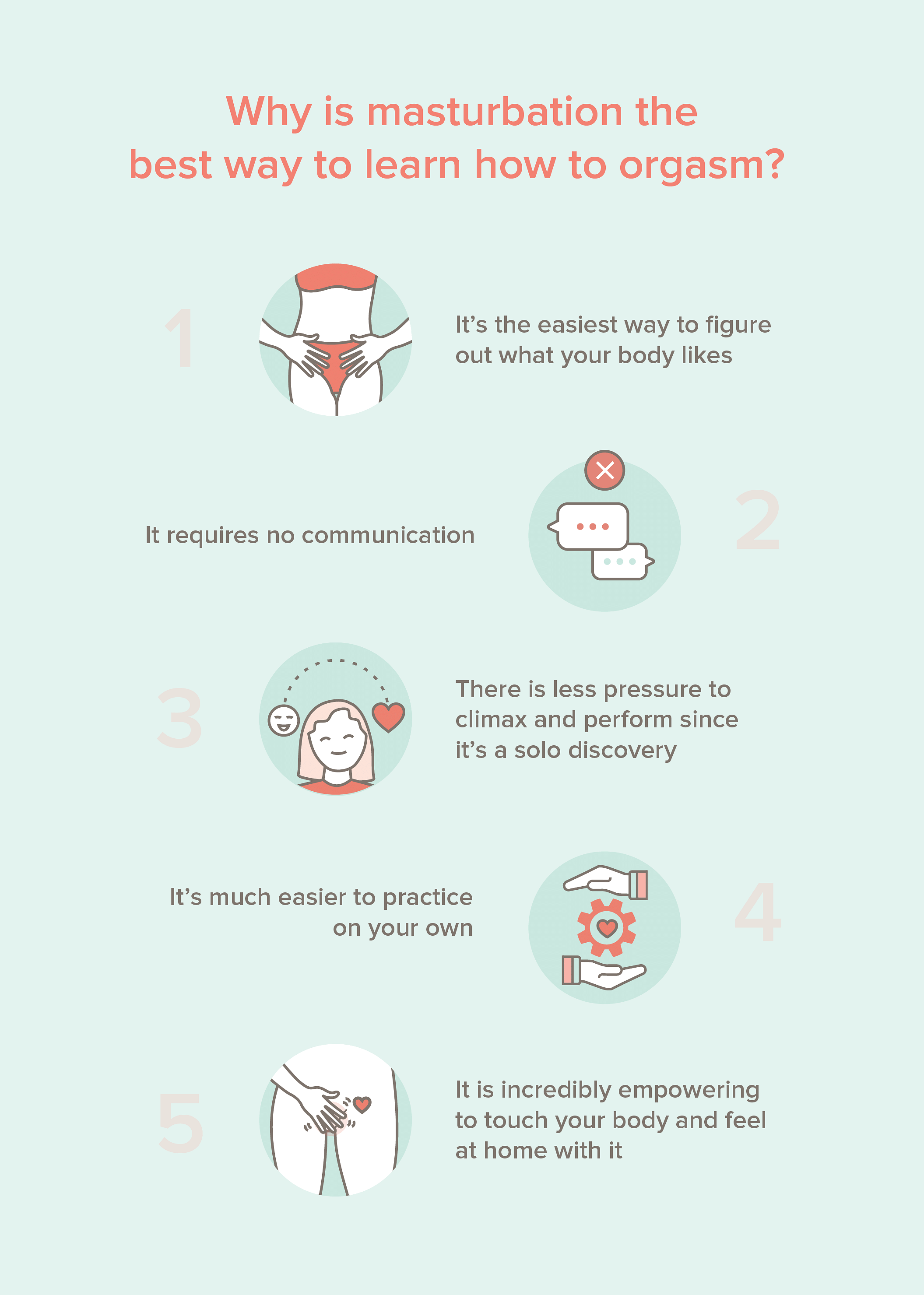“Ma’am I hear the word ‘orgasm’ many times. I have been married for 8 years, but I don’t know what a female orgasm is. Could you make some content to explain that?” I get these queries often from women, mostly married, which is an apparent or no-so-apparent surprise considering these women have a sex life. But sexual activity, orgasms and pleasure are different things. One can be sexually active and yet not orgasm while some people can achieve self pleasure and orgasms through fantasies without indulging in a physical sexual act. Yes, that is how intricate, unpredictable, and varied orgasms are.
Our cultural impressions around heterosexual female sexuality and pleasure are quite one-sided and tilted heavily towards the other gender. Most women grow up believing that their partners will initiate sex, lead the act, and make them climax. This does double the damage. On one hand, it makes the woman a passive recipient, and on the other, it adds tremendous pressure on the man to ‘perform’. As a female reader once mentioned to me, “I’ve been married for 7 years but after the first few months of marriage itself, the frequency of sex reduced. Now it’s 2 times a year with low or no libido for my husband”. For the past 4 years, the client’s husband has not been able to maintain his erection and even had to take medication to conceive their daughter.
You see how this expectation of performance affects the self-esteem of men and ultimately leads them to withdraw from any form of pleasure. Because a lot of straight men believe that sex and pleasure is equivalent to an erect penis! Most women are flustered and clueless to communicate to their partners that there are other ways of attaining physical pleasure from each other, intercourse is not the only way.
A part of getting there is becoming open to mastrubation.

Masturbation is the key to experiencing pleasure and orgasms on your own and with your partner. However, before we open our legs, we need to open our minds and think about what is really stopping us from embracing masturbation for pleasure and our individual sex life.
In short, what are our masturbation blockages? I am sharing some introspective questions for you to source the seed of the blockages that have been ingrained in our psyche and bodies against masturbation.
- As a young adult, what were you taught about masturbation and self pleasure?
- As an adult, how do you feel about masturbation and why?
- Have you ever touched your vulva? Any thoughts and feelings?
- What specific fears and beliefs are getting in your way to masturbate?
- Where do these beliefs come from and why are they important to you?
- Do you want these beliefs to continue to dominate your sex life?
- If yes, do you think there is a way you can edit these beliefs to make yourself more flexible and forthcoming to self-pleasure? In what ways?
In our society, sexuality runs into extremes from strict religion to mainstream movie item songs and porn. They make it very confusing for us to know what healthy sexuality can feel like. There is a strong tendency to privatize our problems because we feel judged, we feel embarrassed about our sex life. The most common question I get from women who are unable to orgasm or enjoy sex is “Am I the only one?”
All of this is happening in broader society, but it has a direct influence on bedroom politics and what we think that we should feel or do as women for pleasure. If we should remain passive and be objects of desire, or if we are allowed to claim our pleasure and have agency about it and be the pursuer. The limits set by society, parents or anyone else should not have a hold on you, your body and your pleasure.
It is time for us to do a critical evaluation of these beliefs and be unapologetic about our pleasure. And it starts from us accepting, discovering, and claiming the pleasure and sexual activities that are inherent in our bodies.
Remember: pleasure gets better, the more you know about what you like!
Our experts work round the clock to provide you with the answers that you are looking for. So if you have any, leave it in the comment section below or send us a DM at @nuawoman. This is a safe space that we have built for you so do not hold back on any doubts you may have about your body and mind.
Read other articles by Pallavi Barnwal on InSync here.



